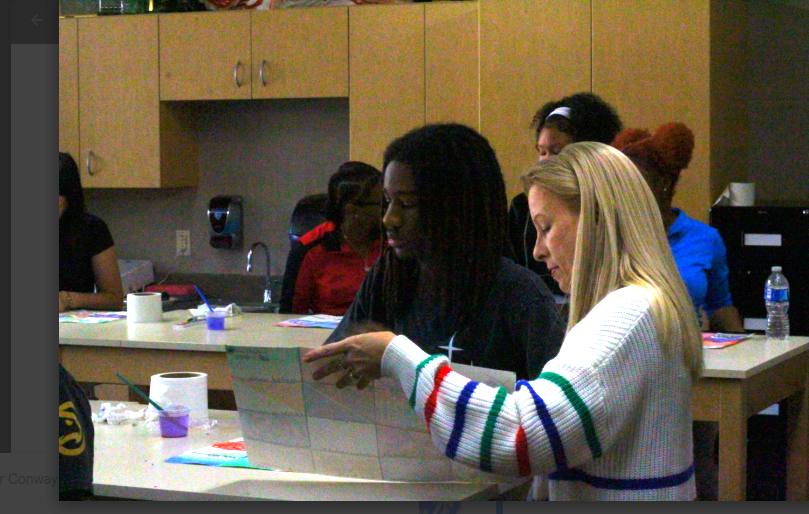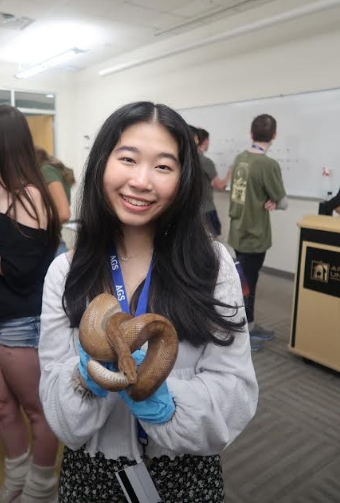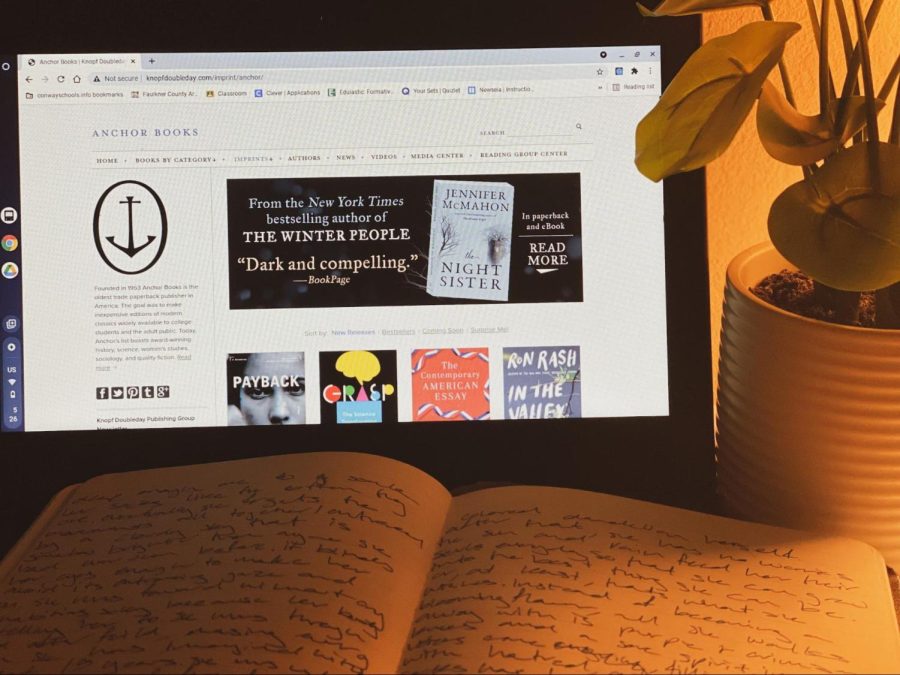Books in the Age of Consumerism
November 10, 2021
Has literature become just another product of the consumer? In this industrial, profit-seeking era, has not all of the originality of literature been stripped from the pages and processed into a generic fairy tale every reader can enjoy? In our society, every single product is created and tailored to the buyers. Potato chip companies have taste testers to decide if they should release an official product. Publishing houses do the same. They send out arcs and pre-advanced copies of books to members of the public to gather the consensus, and, if the book is deemed unsellable, the failed manuscript is thrown into the trash along with the to-go container of someone’s lunch.
Publishing companies were created to help artists copyright their works and promote it, whilst taking a small cut for themselves, but what do they do when they come across unprofitable work? They throw it away. They get rid of it. They turn it down. They leave authors with dead dreams and no way to effectively promote their work. The companies take pieces of the author’s souls and turn them away for the lack of a money making opportunity. Since when was art created for profit? Art is supposed to be a form of expression, it is supposed to be a way to share one’s soul with the world, but, when the only way to promote a book is based on profit, how are authors supposed to share that piece of themselves with any kind of audience?
According to a study done by Medium.com, only 23% of books submitted to publishing houses are accepted. On top of the low number, most of these books are only mere copies of the same blueprint deemed sellable by publishing houses. There are thousands of authors around the world creating beautiful works of art that we, as a society, will never get to read, just because publishers deemed them unsellable. Art is not made to turn profit, and publishing houses need to get the notion of books being for the consumer out of their heads. Real books are written to share desires and connect the people, not to gain a wealthy man’s dollar.

























